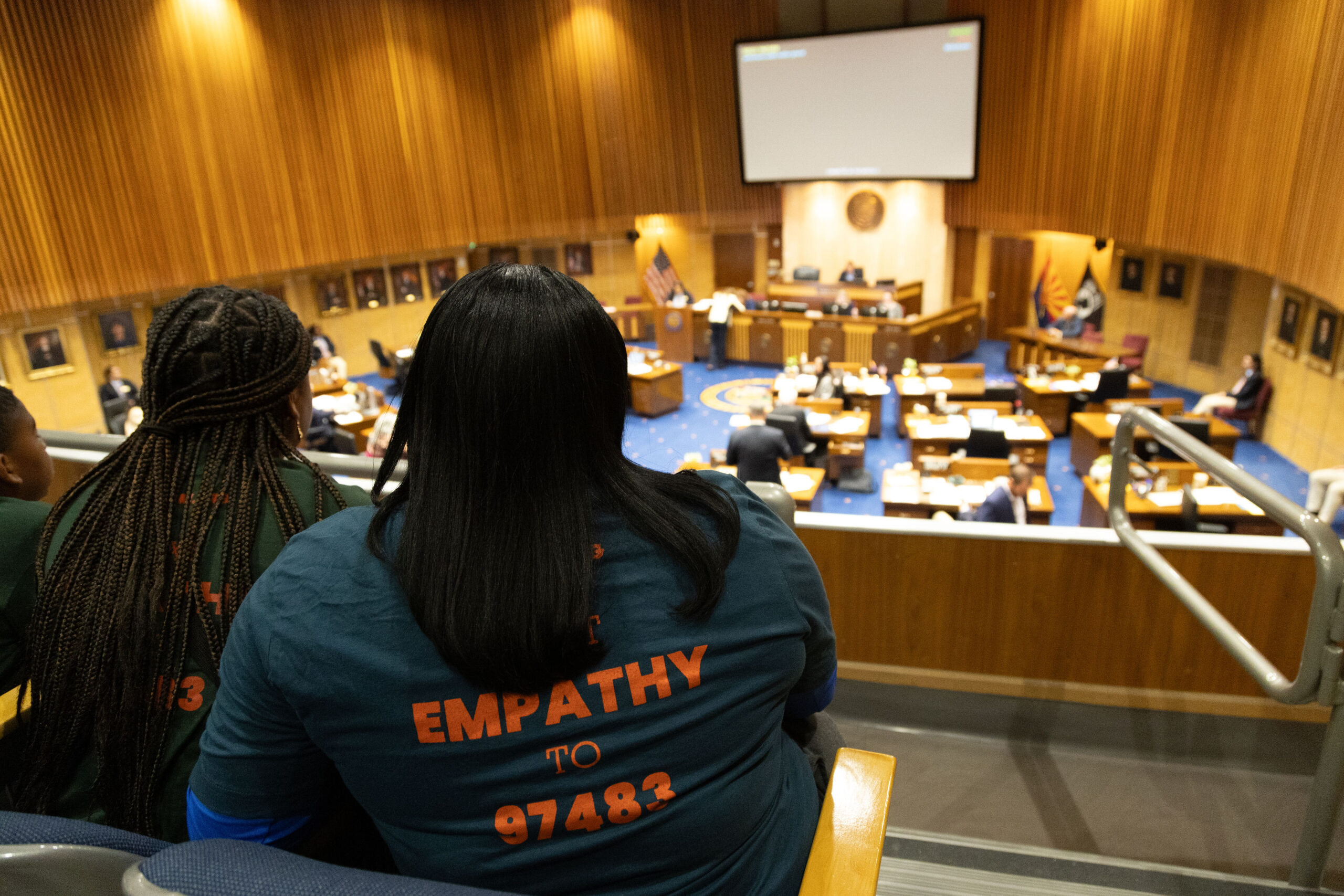Second Chances Start with Proximity
Authored by Sean Wilson, Senior Director of Organizing & Partnerships
“Those closest to the problem are closest to the solution… but furthest from power and resources.” - Glenn Martin
Most people, corporations, and nonprofit organizations stop at the first half of Glenn’s quote. “Those closest to the problem are the closest to the solution,” sounds good in speeches and on social media, but the second half is where the real work begins. The opportunity for second chances lives in the struggle for access to power and resources. Without that access, second chances are just wishful thinking. With access, second chances become the blueprint for transformational change.
“People impacted by incarceration, over-policing, and systemic injustice aren’t just victims of a broken system–they are the architects of a better one.”
At Dream.Org, we operate in the fullness of Glenn’s quote. Those closest to the harm are naturally closest to the wisdom that produces the solutions, the strategy, and the courage required to fix what’s broken. But here’s the hard part: while they may be closest to the solutions, they’ve often been kept the furthest from the resources and decision-making power needed to act on them. That’s not by accident. That’s by design. We are working with leaders to redesign the system through our Theory of Change by investing in people who have lived through the system, not just to give them a seat at the table, but to help them build their own. We train up justice-impacted leaders to become advocates, campaigners, storytellers, and movement builders.
“These leaders don’t just participate in the movement, they steer it.”
For the fifth year in a row, our annual Day of Empathy brought more than 500 justice-impacted people, allies, and community leaders to state capitals across the country to speak directly to lawmakers. We hosted rallies, held meetings, moved legislation, and shifted narratives to help build stronger, safer communities. We partnered with more than 50 local organizations to coordinate over 150 legislative visits in 12 states. That’s not symbolic, that’s real political pressure. This is power being built from the ground up.
And here’s the beauty: Proximity led to real wins, real policy shifts, and real momentum:
- In Arkansas, we broke through 20 years of gridlock with the passage of HB 1653, ending a longstanding moratorium on psychiatric residential treatment beds. This bipartisan breakthrough, secured in partnership with Americans for Prosperity, opens the door for youth to be moved out of juvenile detention and into healing-centered environments with stronger standards and oversight.
- In Arizona, the passage of the EQUAL Act (HB 2720), an effort led by FAMM, finally eliminated the outdated sentencing disparity between crack and powder cocaine, bringing long-overdue fairness to the system and correcting a decades-old injustice that has devastated low-income communities.
- And in Missouri, thanks to the leadership of Empathy Network Leader ML Smith and the original vision of Maurice Davis Sr., we helped pass HB 495, an omnibus bill that increases prosecutorial accountability by placing new safeguards around informant testimony, protecting against wrongful convictions, and strengthening transparency.

“It’s a powerful experience when we bring unlikely allies into these spaces — from conservative lawmakers to business leaders and faith voices.”
Something shifts when they sit in the same room, hear the lived experiences, and connect with the humanity behind the data. Finding common ground is a major key to unlocking change in places where we’ve been told it’s impossible.
Because the truth is, second chances aren’t about charity, they’re about equity. They’re about building systems where no one is disposable, and where leadership is grown from the soil of lived experience. Too often, folks talk about justice-impacted people as if we’re liabilities. At Dream.Org, we see them as leaders, strategists, and people who will move this country forward in policy, practice, and power.
So yes, our people deserve more than empathy. They deserve strategy, investment, and platforms to lead. If we're serious about second chances, we need to get serious about where we're placing our trust — and our resources.
And I promise you this: when you give people who’ve been shut out of the system the chance to reimagine it and bring unlikely allies into that circle, they don’t just break the cycle. They rebuild the whole thing. So let’s focus on the second half of Glenn’s quote and use it as a call to action to help build an America that truly believes in Second Chances.
